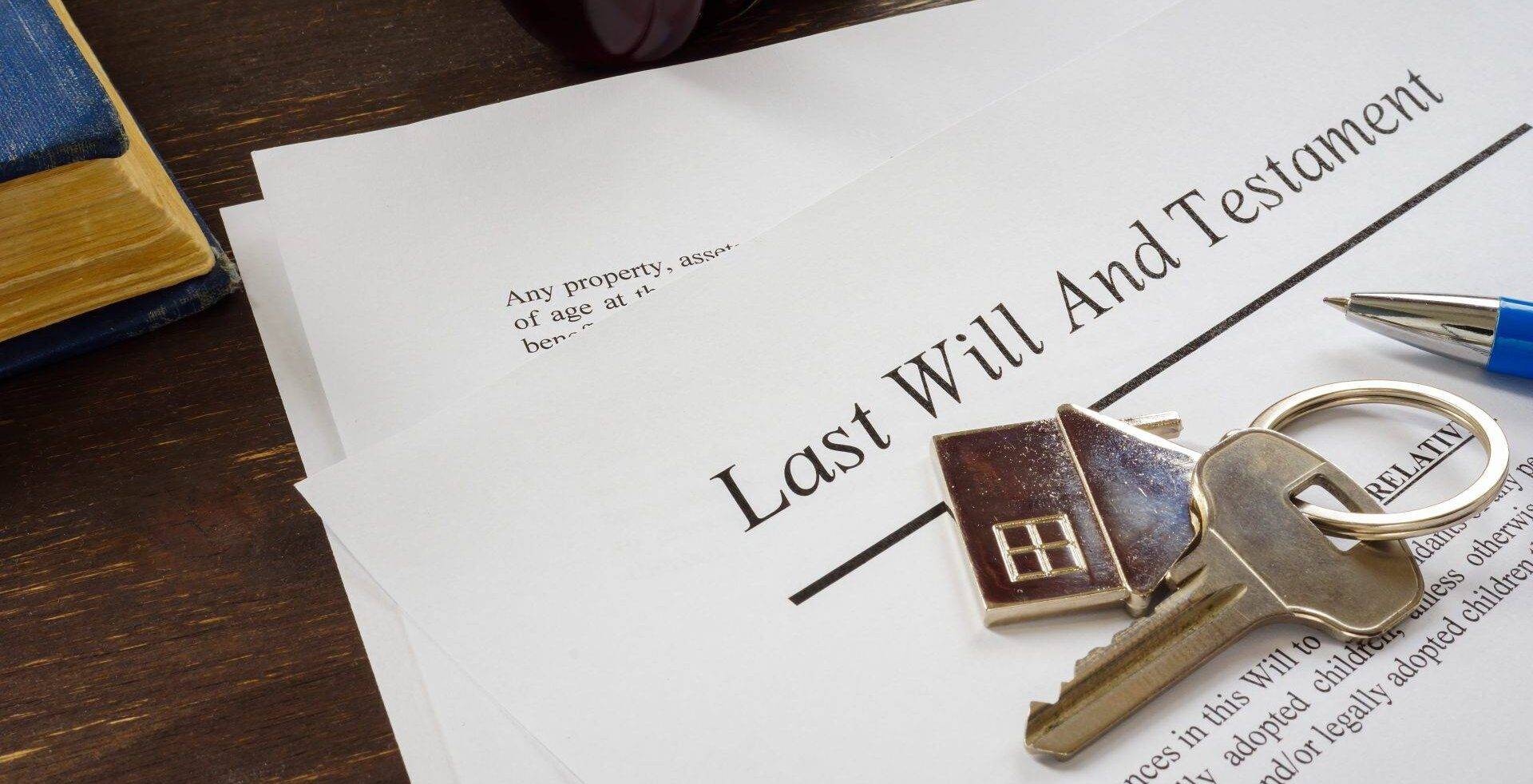When making a Will it is important for the testator to consider if they would expect their executors and trustees to charge for the time they spend dealing with the estate. Generally, all executors and trustees are entitled to be reimbursed for their expenses. But what if the testator or the executors or trustees themselves want to be paid for the time they spend dealing with the estate?
When the Will has no charging clause
The law regards this as a default position and individual executors and trustees are not entitled to payment unless they are acting in the course of a profession or business which includes the management or administration of Trusts and estates. If this is the case they must also obtain the written agreement of their co-executors or co-trustees. This is because a person acting in a fiduciary role cannot make a profit, nor put themselves in a position where their own personal interests and their fiduciary duties may conflict.
In the default position as an example if an executor who is an electrician by trade undertakes emergency electrical work on a property in the estate. They would only be able to be reimbursed for any parts required to remedy the situation and would not be able to charge for their time. Or if an executor is a lawyer or accountant, they would only be able to charge (with the consent of their co-executors) if they act in the course of a business or a profession that includes providing services in connection with the management or administration of Trusts and/or estates. This may not necessarily cover lawyers or accountants whose day-to-day expertise is in a different area of law or practice.
When the Will contains a charging clause
In the case of the estate of Gladys Dulcie Townsend (deceased) Da Silva v Heselton and others, the question of whether an Executor who is engaged in a profession or business unrelated to the administration of Trusts or estates can rely upon a common form of professional charging clause contained in a Will to charge for time spent on the administration of the estate.
In this case, one of the Executors sought to charge the estate for her time and work in that capacity at a monthly fee of £300. In total, she charged the estate £43,350. She contended that she was entitled to charge under the charging clause in the Will.
The Will included a commonly used charging clause giving her executors/trustees power to charge as follows:
“MY TRUSTEES shall have the following powers in addition to their powers under the general law or under any other provision of this Will or any Codicil hereto:…
(g) for any of my trustees who shall be engaged in any profession or business [to] charge and be paid (in priority to all other dispositions herein) all usual professional and other fees and to retain any brokerage or commission for work or business introduced transacted or done or time spent by him [or] his firm in connection with the administration of my estate or the Trusts powers or provisions of this Will or any codicil hereto including work or business outside the ordinary course of his profession and work or business which he could or should have done personally had he not been in any profession or business.”
The Executor argued that she should be paid because she had been engaged in a number of businesses during the period of her executorship, even though the businesses had no relevance to the matter of administering the Deceased’s estates. The Judge concluded that the Executor was not able to claim payment of her fees from the estate.
The view of the Judge in the Townsend case was that if a person’s job does not involve dealing with Trusts or estates then they cannot charge for their time unless there is a specific clause in the Will saying that they can do so. He went on to say that a trustee or executor can rely upon the charging clause in the Will to charge for work done or time spent in the administration of the estate only if that work falls within the scope of their profession or business in question; that is to say if it is work of a type which would attract or incur their usual professional fees.
Comment
This recent case highlights the complexities of the law in this area and how including an express charging clause can authorise certain executors to charge for their time when they otherwise would not be able to do so. However, beneficiaries may find themselves in circumstances where the appointed executors and trustees are charging the estate when they do not have the authority to do so and a dispute arises.

How can we help?
Lesley Harrison is an Associate in our expert Dispute Resolution team.
If you need help in this area or any estate or Trust dispute, please do not hesitate to contact Lesley or another member of the team in Derby, Leicester, or Nottingham on 0800 024 1976 or via our online enquiry form.
Contact us



